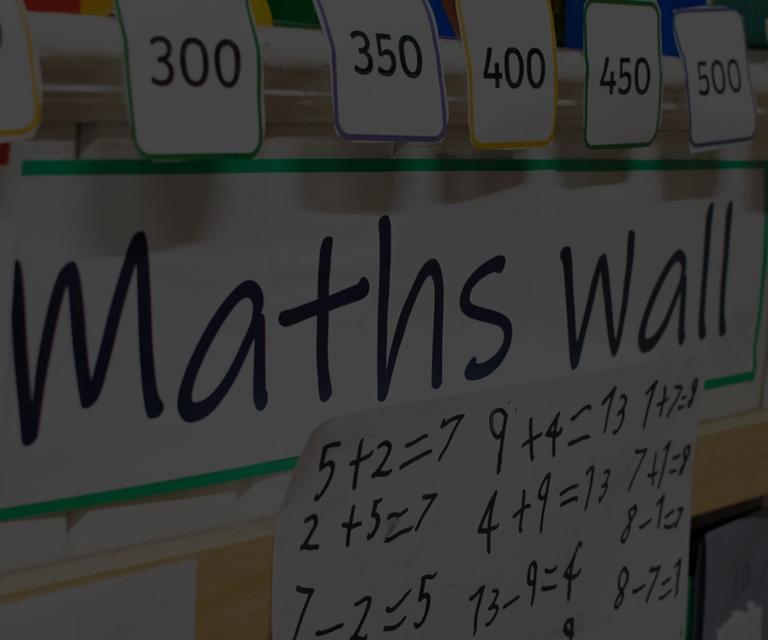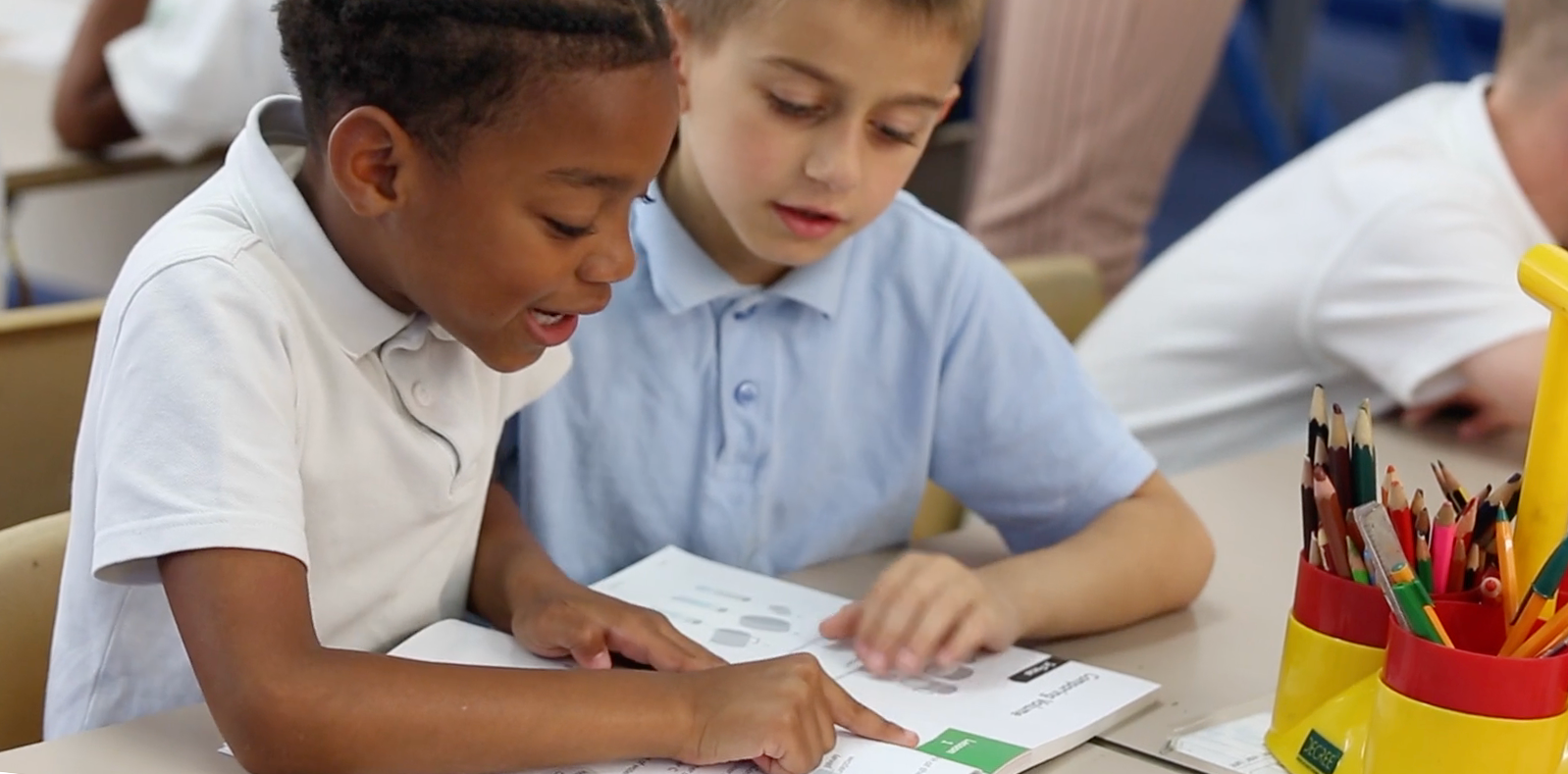Our Community

The Accredited Schools and Advocate Schools Initiative recognises leading schools that have successfully embedded the Maths — No Problem! Programme within their setting.
Accredited Schools, each one different in terms of its context, all have this in common: they have used the programme to create a long-lasting transformation in teaching and learning not only for their pupils but also for their teaching staff, and not only in their maths lessons but also across the curriculum in the effectiveness of their pedagogical approach.

Purpose
The purpose of the Accredited Schools Initiative is to change maths education for the better.
Accredited Schools use Maths — No Problem! to improve the way maths is taught, learned and conceptualised in their classrooms. They join the Accredited Schools Initiative to extend their impact through community building and outreach.
Goal
The goal of the Accredited Schools Initiative is to be a voice of authority for primary maths education and to share best practice with educators and stakeholders.
A ‘voice of authority’ is a person or organisation that is considered to be a reliable source of knowledge or opinion on a particular subject. They are respected by their peers and their advice or views are often sought after and listened to. In the Primary Maths context, Accredited Schools provide the voice of authority because they have, through dedication and perseverance, managed positive change for their pupils.
‘Best practice’ is a set of professional procedures that are accepted or prescribed as being correct or most effective. It is a standard or set of guidelines that represents the most efficient or prudent course of action. Accredited Schools are the keepers of the best practice that is incorporated into the carefully structured curriculum of the Maths — No Problem! Programme.
‘Stakeholders in education’ refers to individuals or groups that have an interest in the schooling process. This includes teachers, pupils, parents, administrators, staff, board members, governors, politicians and the community at large. Each of these have a vested interest, or stake, in the success of the education system.
Values
Accredited Schools nurture a desire to ensure every child has the chance to succeed at maths, to become a confident mathematician capable of applying their knowledge in real-world situations and unfamiliar contexts. They do not accept that some children, teachers and parents ‘just don’t get maths.’
They are eager to engage with schools who are on the maths mastery journey to support, engage and share best practice and tips. They look for ways to keep the momentum going towards better maths outcomes for children in the UK and worldwide.
Accredited Schools are community leaders, nurturing relationships with other Accredited Schools and helping to shape the programme.
They value honesty, because it signifies truthfulness, fairness and the absence of deceit. It is about being straightforward and sincere in all actions, communications and decisions. Honesty encourages openness, empowers us and enables us to develop consistency in how we present the facts. There are many individuals and groups who have a view about what Primary Maths is or should be. It is the role of Accredited Schools to say how it really is.

We know that you will want to read stories from our Accredited Schools. Each story tells the school’s individual journey and includes contact information so you can reach out with any questions you might have. Read about UK Accredited Schools, UK Advocate Schools or International Accredited Schools.
If you are interested in attending an Open Day to see a model lesson first-hand and learn how schools implement the Maths — No Problem! Programme? Check our Events Calendar for upcoming dates and locations.
Interested in joining our Accredited Schools Programme or simply want to learn more about it? Please contact Sarah Blackmore at sarah@figleafgroup.com. Places are limited but we are always interested in hearing from schools who are making a difference in their community.
Transform Your Maths Assessment
Insights — our online assessment tool — gives you instant, powerful data to identify gaps and improve results.
